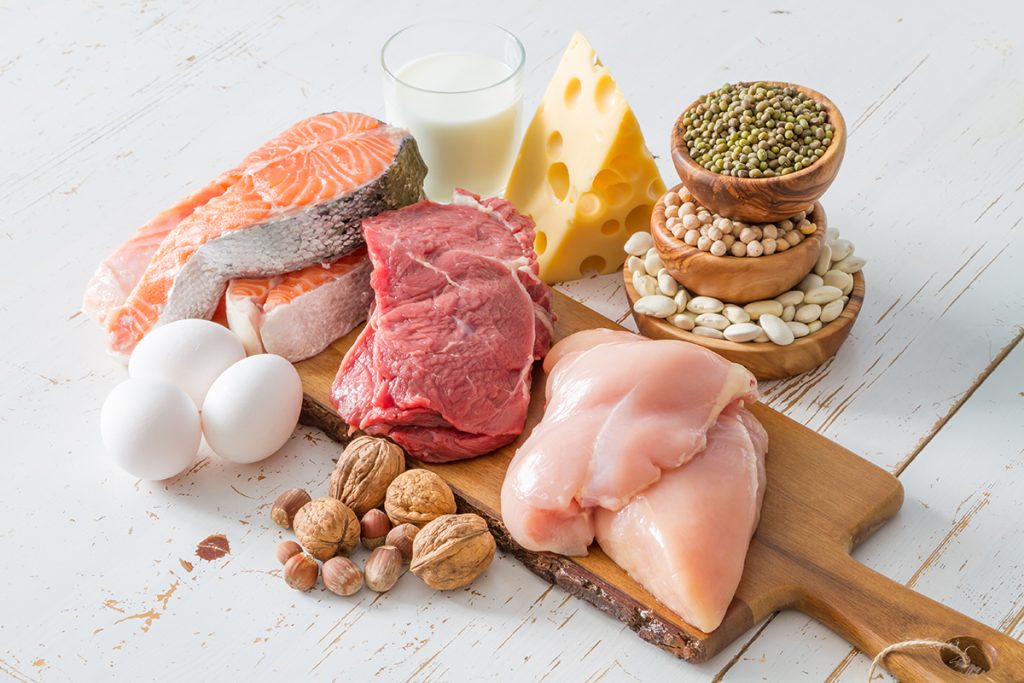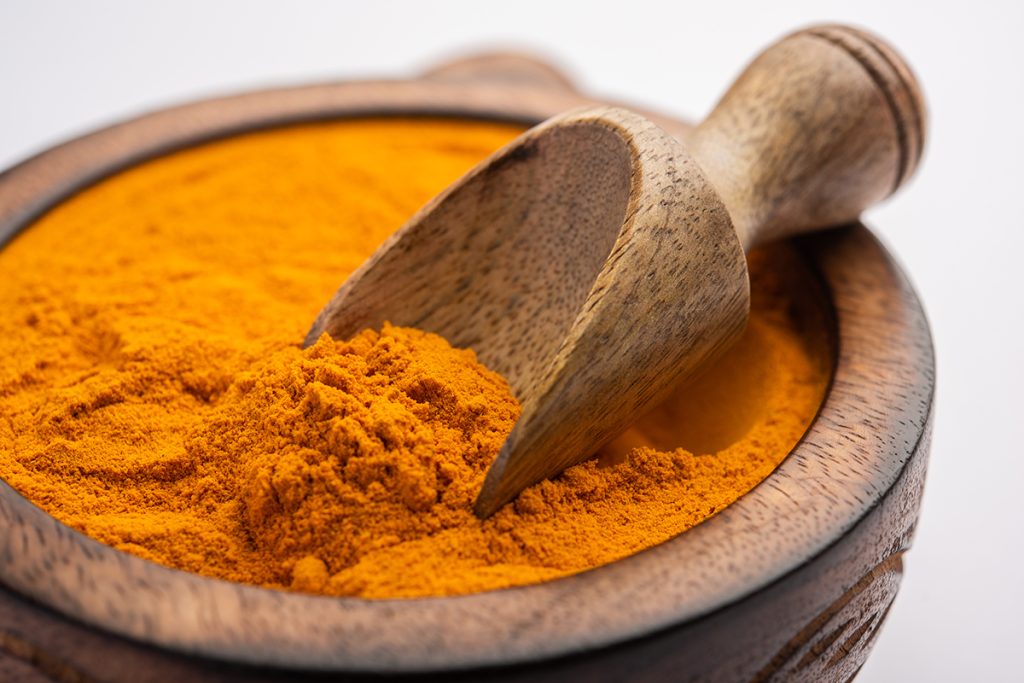5 Surprising foods that can enhance your metabolism

Metabolism encompasses the intricate processes converting food into energy, and certain foods are thought to have the capacity to boost metabolism, promoting weight loss and overall well-being.
These foods often feature specific nutrients like protein, caffeine, and certain spices, capable of transiently increasing metabolic rates and facilitating calorie burning. Nutritionists and researchers highlight tofu, leafy greens, high-protein foods, cinnamon, and turmeric as some of the top choices.
01. Tofu
Tofu, a versatile plant-based food derived from soybeans, is associated with metabolism enhancement and weight management support. Notably, its high protein content requires more energy for digestion compared to fats and carbohydrates, leading to a thermogenic effect that temporarily elevates metabolic rates. With low saturated fat and calorie content, tofu stands out as a nutrient-dense, lean protein option for those aiming to control their weight. Moreover, incorporating tofu into smoothie recipes can provide a creamy texture without compromising nutritional density.

02. Green leafy vegetables
Green leafy vegetables, such as spinach, kale, and collard greens, offer a wealth of nutrients and have been linked to potential advantages for metabolism.
These vegetables are abundant in vitamins, minerals, and antioxidants, promoting overall health and wellness. Their high fiber content also slows down the digestion process, preventing sudden spikes in blood sugar levels.
The combination of low-calorie density, high nutrient content, and fiber in leafy greens makes them an outstanding component of a diet that supports metabolism.
Leafy greens are brimming with nutrients that aid in weight loss and metabolism, and they can be effortlessly incorporated into various recipes. When heated with water, these nutrients become more bioavailable, facilitating better absorption by the body. The fiber in spinach, for example, contributes to a prolonged feeling of fullness, promoting satiety.

03. Protein-rich foods
The role of high-protein foods is pivotal in enhancing metabolism and supporting various facets of health and fitness. Proteins, comprised of amino acids, demand more energy during digestion and absorption than fats and carbohydrates, resulting in a transient surge in metabolic rate known as the thermic effect of food.
Furthermore, a protein-rich diet aids in the preservation and development of lean muscle mass.
Compared to other macronutrients like carbohydrates and fats, protein has been demonstrated to necessitate more energy for combustion, contributing to an elevated thermic effect of food (TEF). Essentially, the process of digesting food requires energy, and protein appears to utilize a significant portion of this energy.
The consumption of high-protein foods may temporarily heighten metabolism as they necessitate increased energy expenditure during digestion. Referred to as diet-induced thermogenesis (TEF), the metabolic rate can increase by up to 3% for fat, up to 10% for carbs, but protein has the potential to elevate the metabolic rate by up to 30%.
Therefore, increasing protein intake can actively raise metabolism, supported by scientific evidence.
04. Cinnamon
Cinnamon has been investigated for its potential impact on metabolism and overall health. While direct evidence on cinnamon significantly boosting metabolism is limited, certain studies propose that it could play a role in enhancing insulin sensitivity.
Through its ability to improve insulin function, cinnamon may contribute to better regulation of blood sugar, potentially lowering the risk of insulin resistance. Maintaining stable blood sugar levels can, in turn, foster consistent energy supply and support optimal metabolic function.
Cinnamon proves beneficial for metabolism, particularly in individuals with metabolic risk factors identified by a healthcare professional. This versatile ingredient has demonstrated successful use as an adjunctive treatment for type 2 diabetes and metabolic conditions by positively influencing blood sugar management.

05. Turmeric
Turmeric, renowned for its active compound curcumin, has gained recognition for its potential health advantages, including its connection to metabolism.
Extensively studied for its anti-inflammatory and antioxidant attributes, curcumin is suggested to have an impact on metabolic processes.
While the evidence supporting turmeric as a direct metabolism booster is not definitive, curcumin exhibits potential in enhancing insulin sensitivity and influencing fat tissue modulation. These effects could contribute to metabolic well-being and potentially aid in weight management.
Spices like turmeric induce a thermogenic effect on the body, generating more heat and thereby burning additional calories. The antioxidant properties of turmeric may assist in reducing insulin resistance, blood sugar levels, cholesterol levels, and other metabolic conditions associated with obesity.

5 Surprising foods that can enhance your metabolism conclusion
Boosting your metabolism yields numerous advantages, offering increased energy levels, facilitating weight loss and its maintenance, and promoting restful sleep while enhancing calorie burning during bedtime.
A heightened metabolism corresponds to increased fat burning, and the consumption of metabolism-boosting foods, as mentioned earlier, can aid in achieving this goal. However, it’s crucial to acknowledge that the pace of metabolism is influenced by various factors, including age, activity levels, genetics, and other essential elements.



















